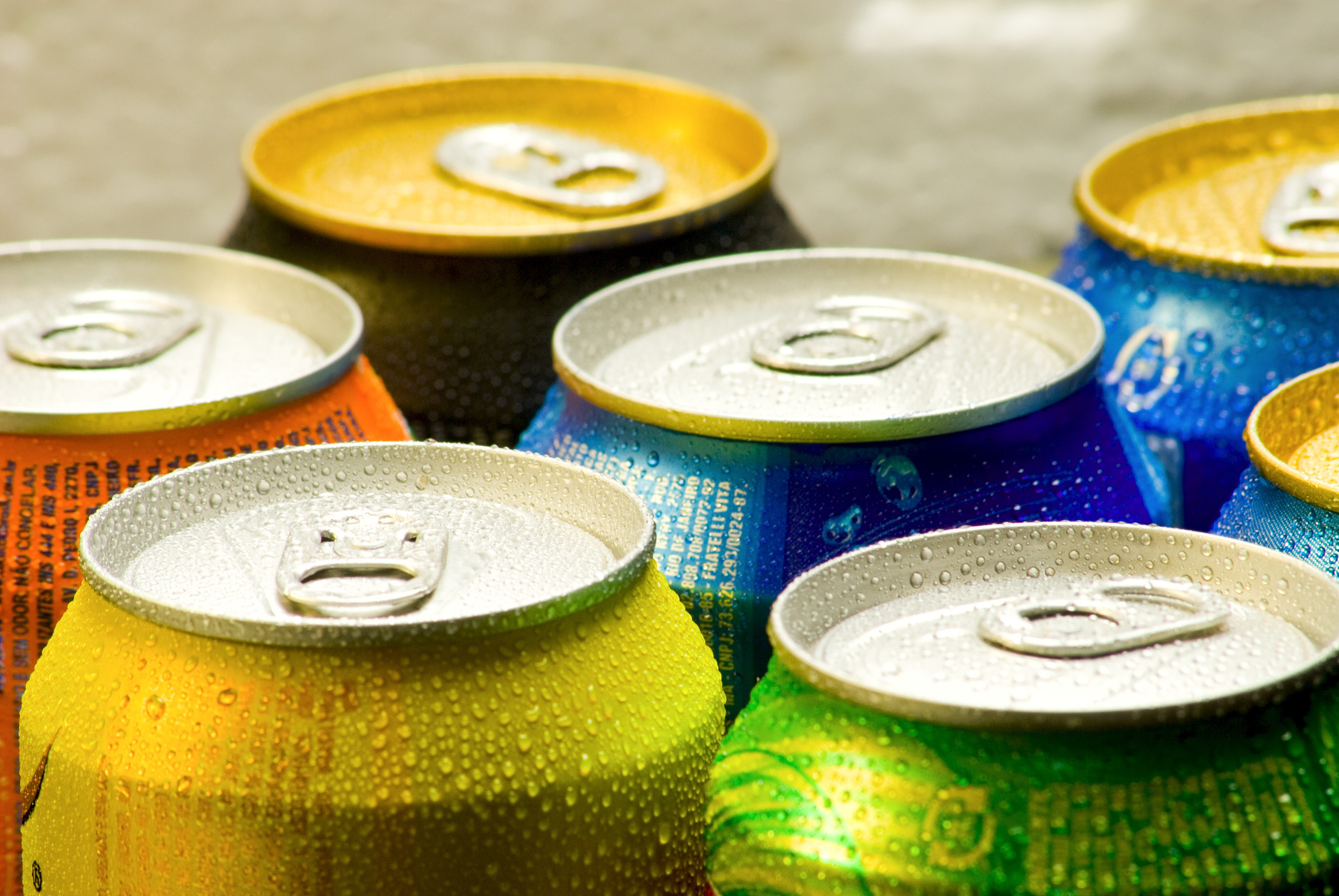
A tax on unhealthy drink or food, such as the soft drinks levy, would encourage just under half of Britons to cut back on the products, a survey has found.
As the sugar tax comes into effect, analysts Mintel found it is likely to have an effect on 47% of consumers, with that figure rising to 53% of 16 to 34-year-olds.
Regionally, 53% of Londoners are the most likely to be deterred by a tax, dropping to fewer than four in 10 (38%) of consumers living in Scotland.
However, 75% of consumers say that clear nutritional information on product packaging would encourage them to cut down on unhealthy food and drink, rising to 81% of 25 to 34-year-olds.
Almost the same number – 73% – claim rewards for making healthy choices such as supermarket points would encourage them to eat more healthily.
More than half of Britons (56%) say they would cut down on unhealthy products if there were tighter restrictions on advertising junk food.
Glasgow 2014 Commonwealth Games failed to make Scots more active
Just 11% say they strive to eat healthily all the time, although the proportion of those who try to eat well most of the time has risen four percentage points to 52% over the last two years.
Mintel associate director of food and drink Emma Clifford said: “Although Britons have ingrained healthy eating intentions and have upped their efforts to cut down on their sugar intake, the majority of British adults are overweight or obese and Britain is ranked the sixth fattest nation in the world.”
The research found low sugar content is the single most important factor consumers look for when seeking out healthy food, named as the top consideration by 52% of shoppers, ahead of five-a-day claims (48%) and low fat content (45%).
A banana a day keeps the doctor away and does your body a bunch of good
Ms Clifford said: “A war is being waged against sugar by the Government and the media. This sustained attack over a number of years has had a big impact on how consumers view this now-demonised ingredient, what they think constitutes healthy food.
“It’s encouraging that Britons are making more of an effort to eat more healthily, though they continue to enjoy permissible indulgences.
“However, there is potential for this overarching healthy eating trend to be undermined by consumers’ incomes being squeezed, together with the perception that healthy food is expensive.
“Nevertheless, there are still opportunities for retailers to provide more shopper support in making healthier and price savvy choices, while simultaneously promoting customer loyalty.”

Enjoy the convenience of having The Sunday Post delivered as a digital ePaper straight to your smartphone, tablet or computer.
Subscribe for only £5.49 a month and enjoy all the benefits of the printed paper as a digital replica.
Subscribe